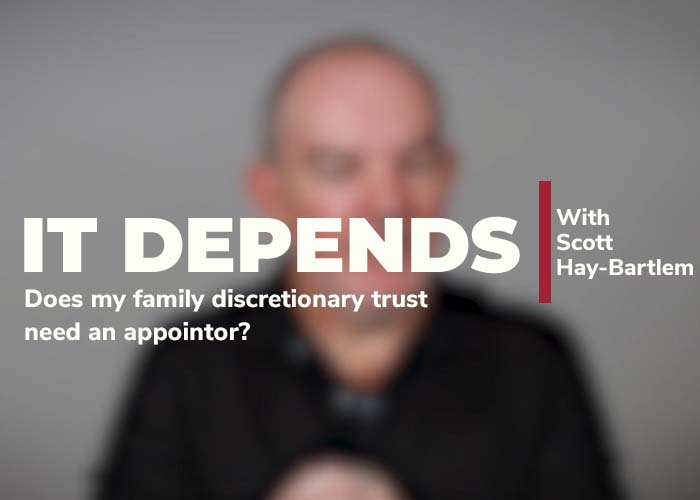On 23 March 2017, Justice Robson of the Supreme Court of Victoria declined to follow the Victorian Court of Appeal decision of Re Enhill, finding that the decision was not binding with respect to different legislation (the Companies Act 1961 (Vic) as opposed to the Corporations Act 2001 (Cth)).
Background
Since the early 1980s, there has been a divergence of judicial opinion in the decisions of Re Enhill Pty Ltd [1983] 1 VR 561 and Re Suco Gold Pty Ltd (in liq) (1983) 33 SASR 99.
The divergence appears to have arisen because the High Court in Octavo Investments v Knight (1979) 144 CLR 360 did not expressly consider the nature of a trustee’s right of indemnity.
In Re Enhill, the Victorian Full Court held that, under the Companies Act 1961 (Vic), the trustee’s right of indemnity was available to all creditors and not just trust creditors.
In Re Suco Gold, the South Australian Full Court held that the trustee’s right of indemnity was only available to benefit trust creditors.
The decision in Re Enhill has been generally criticised by legal commentators. Some Victorian judges have taken to limiting the decision to its facts, namely the entitlement of the liquidator to their costs in the winding up from trust assets.
Re Amerind
- A corporate trustee carried on a trading trust and all of the debts were incurred by the company acting as trustee.
- The trustee’s right of indemnity was by way of exoneration and not recoupment.
- In contention was whether the trustee’s right of indemnity was a circulating asset subject to the statutory priorities in sections 433 and 556 of the Corporations Act.
- In relation to the trustee’s right of exoneration, Justice Robson:
- adopted the reasoning of Justice Brereton in Re Independent Contractor Services (Aust) Pty Ltd [2016] NSWSC 106;
- held that the trustee’s right of indemnity and related lien did not become ‘property of the company’;
- held the right of indemnity is a right to be indemnified against claims by trust creditors and may only be used to satisfy liabilities incurred on behalf of the trust; and
- held the indemnity is not a personal asset of the trustee.
As a consequence of the right of exoneration not being property of the company and being available only to pay trust creditors, Justice Robson held that sections 433 and 556 of the Corporations Act did not apply to the distribution of the trust property.
His Honour further said that if, contrary to his finding, the trustee’s right of indemnity is property of the company, the indemnity is not a circulating security interest under the PPSA, nor is it a floating charge under section 51C of the Corporations Act. Consequently, the statutory priorities in sections 433 and 556 did not apply to the distribution of property arising from the indemnity.
Comments
It is important to note that this decision only dealt with a trustee’s right of indemnity by exoneration and not recoupment.
In the past, the Victorian Court of Appeal has declined to overrule the decision in Re Enhill.
It remains to be seen whether the decision in Re Amerind is appealed.
If you would like more information about these issues, please contact Graham Roberts on +61 7 3231 2404.



